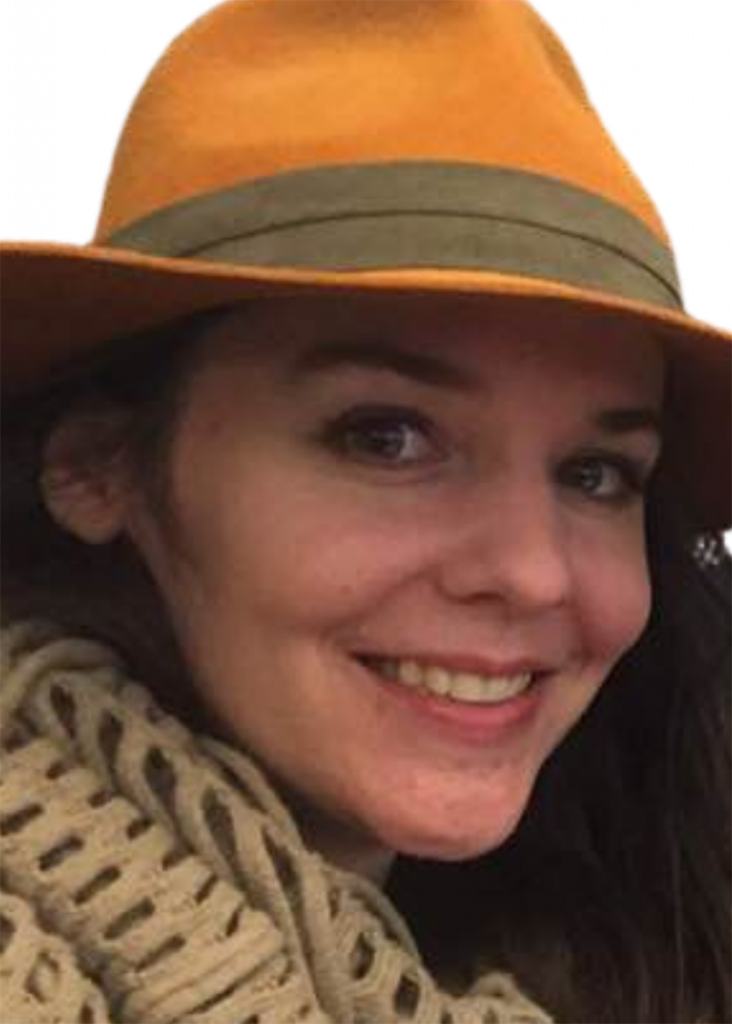
Caroline Mazel-Carlton, C.P.S. (she/her)
Caroline Mazel-Carlton is a suicide attempt survivor who, since moving out of a North Carolina psychiatric group home in 2009, has worked tirelessly to create change in the mental health system and has developed and re-defined peer roles in a number of settings in the public and private sector.
In her current position as Director of Training for the Wildflower Alliance she has supported the development of the ‘Alternatives to Suicide’ approach on four continents and has been featured in diverse media outlets such as Oprah magazine, Foreign Policy and the New York Times.
Caroline has contributed to multiple academic publications on the topic of suicide and one book on her experience skating on a roller derby team as #18 “Mazel Tov Cocktail”.
2021 Presentation
Introducing “Alternatives to Suicide”: Building Community in Times of Darkness
“Alt2Su” represents widely-applicable paradigm shifts rooted in peer support and harm reduction values. Together we can re-frame risk and pathologizing frameworks and create a more supportive community.
Presentation Summary:
(Alt2Su) “Alternatives to Suicide” (Alt2Su) describes a non-coercive approach to suicide that focuses on curiosity and relationship-building among those who are struggling. This approach was informed by “Alternatives to Suicide” peer support groups where people can share openly and authentically about their suicidal thoughts and feelings. Groups originated in the Western Mass Recovery Learning Community (now the Wildflower Alliance) in 2008. They now meet throughout New England, as well as in Wisconsin, Canada, and Australia. Alt2Su is distinct from the current systemic paradigm of suicide prevention in a few key dimensions. This workshop will introduce the VCVC model of Validation-Curiosity-Vulnerability-Community.
Presentation Objectives:
As a result of attending this presentation, attendees will:
- be familiarized with the history of “Alternatives to Suicide” group and the conditions and partnerships that have contributed to their success.
- learn how to re-frame individual risk assessment protocols in order to learn more about the story and context of those they support.
- be able to identify at least three different open-ended questions they can ask a suicidal person beyond “Do you have a plan?” or “Did you take your meds today?”
- be familiarized with at least three research studies that support creating options beyond safety contracts and acute hospitalization.
